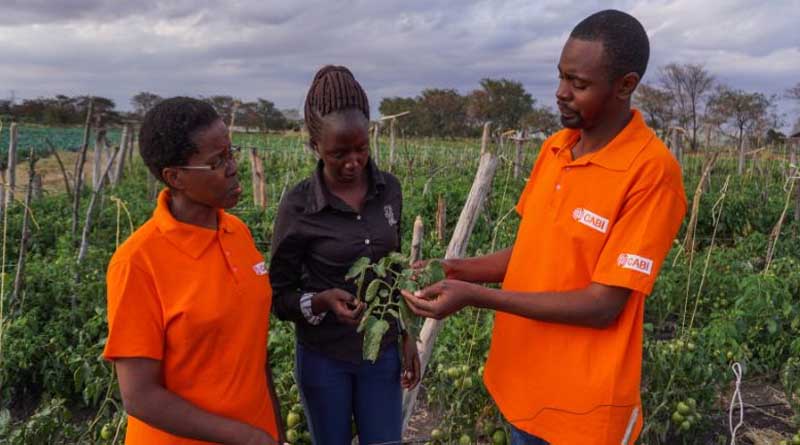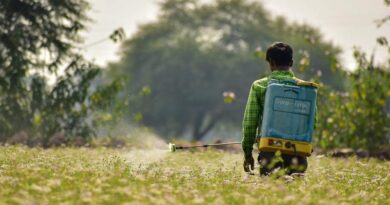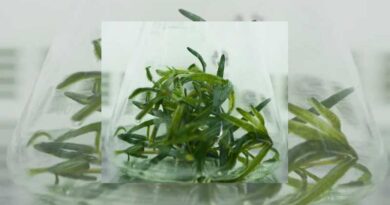Mitigating pesticide risks for safer produce in Kenya: challenges and recommendations
01 August 2023, Kenya: Pesticide misuse and overuse threaten food safety. However, crop pests and diseases are a major threat to productivity and quality. As a result, when outbreaks occur, farmers often rely on pesticides.
Horticultural produce, especially fresh fruits and vegetables, are among the commodities most commonly produced and consumed locally. Pests and diseases significantly constrain productivity and crop quality. Although farmers are advised to take an IPM approach, they often opt for pesticides when pest upsurges occur.
Pesticide monitoring data from regulatory bodies, such as KEPHIS and PCPB, show an overall misuse of pesticides. As a result, more and more produce is being rejected because it exceeds Maximum Residue Levels.
Increasing supply of safer food
CABI PlantwisePlus recently held a write-shop to merge its policy briefing paper with that drafted by the Fresh Produce Exporters Association of Kenya (FPEAK). The PlantwisePlus programme aims to increase the supply of and demand for safer food in domestic markets.
The paper addresses challenges and recommendations for mitigating pesticide risks for safer fresh fruits and vegetables in Kenya. It has been developed to make policymakers aware of the pressing need to safeguard the interest of the local consumer by supporting testing, monitoring, analysis and traceability of produce destined for domestic markets. In addition, it aims to empower relevant agencies to carry out their mandates to realise minimal pesticide residue risks in local horticultural value chains.
Subsequently, the two organisations held a validation meeting to review the briefing paper with partners from PCPB, KEPHIS, AFA, Kenya Flower Council, Ministry of Agriculture, COLEAD and others. Sentiments from the representatives reiterated that the policy process should be able to address issues in regulations that impede actualising agencies’ directives. Participants agreed that existing systems function effectively through cooperation to deliver what is required instead of creating more entities that promote working in silos.
90% of fresh produce consumed locally
Much emphasis has been placed on ensuring farmers comply with stringent international market standards and restrictions on producers who fail to meet the requirements. Such efforts to enforce compliance in domestic markets are nonexistent. Yet, over 90% of horticultural fresh produce is consumed locally, despite the numerous regulations in law allotted to cushion consumers against excessive pesticide residues.
Unfortunately, in many instances, farmers are left on their own devices to tackle the emerging and recurrent pests and diseases prevalent in the tropics. Many turn to highly hazardous plant protection products.
Farmers blamed for pesticide misuse
Consequently, farmers often face the blame for the misuse of pesticides. The policy briefing paper, however, acknowledges that various actors across the horticulture sub-sector have contributed to pesticide exceedances, including regulatory agencies and traders. Stakeholder collaboration in the different value chain nodes is critical in shouldering the food safety responsibility in the country.
CABI anticipate that the briefing paper will inform online and face-to-face policy stakeholder engagements in Kenya. These meetings will raise awareness of the level of pesticide residues in local foods exceeding required levels and propose recommendations for joint action.
Also Read: India’s decision to ban the export of non-basmati rice created a worldwide uproar
(For Latest Agriculture News & Updates, follow Krishak Jagat on Google News)















